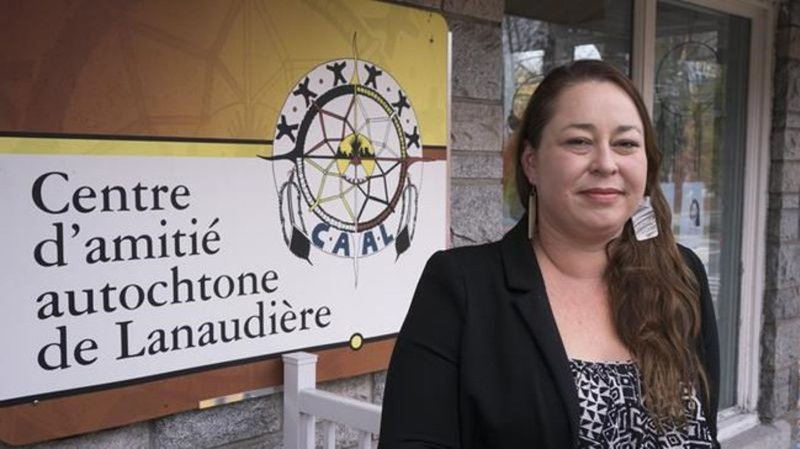
Indigenous-led clinic to help Quebec community still shaken by Joyce Echaquan’s death
MONTREAL — The idea is simple, says Jennifer Brazeau, executive director of the Native Friendship Centre in Quebec’s Lanaudiere region: provide “a culturally secure space” where Indigenous people can get health care without feeling afraid.
Brazeau said a reluctance to seek health services in Joliette, Que., has grown over the past month after an Atikamekw mother of seven died in a local hospital after filming staff hurling racial slurs at her.
Joyce Echaquan’s Sept. 28 death has shaken the province, raising questions about systemic racism in health care and leading to calls for the provincial government to both recognize the problem and take concrete action to stop it.
In Joliette, where about two per cent of the city’s 47,000 residents identifies as Indigenous, Brazeau said the long-standing need for a clinic where members of the community feel safe is more pressing than ever.


